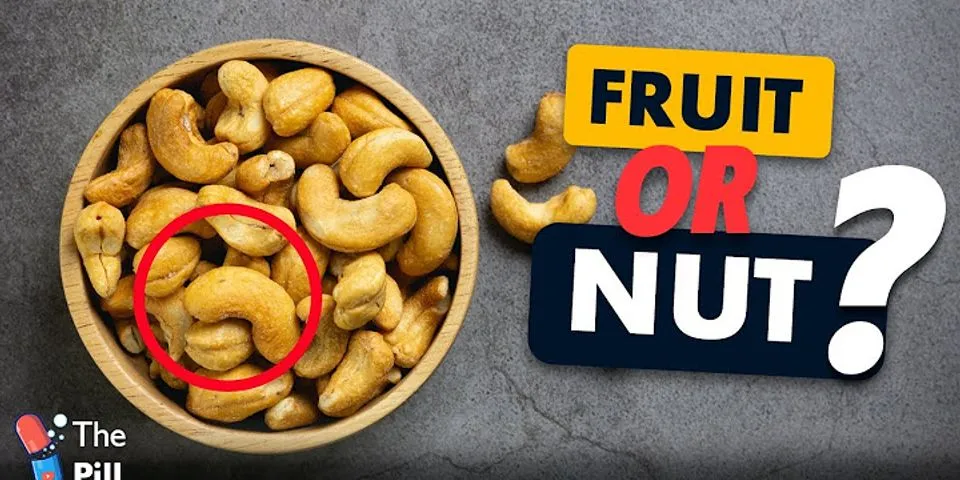Show  Potassium is an important mineral that plays a vital role in the body. Fruits that are high in potassium include bananas, cantaloupe, oranges, avocados, grapefruit, apricots, honeydew, guava and kiwi. Potassium is an important mineral that plays a vital role in the body. It works as an electrolyte. When dissolved in water, it releases positively charged ions. This property of electrical conduction is vital to many processes in the body such as nerve conduction and maintenance of normal heart rhythm. An adequate potassium intake for adults is 4,700 mg daily, but the value is different for children and people with kidney problems. Most people in the US do not meet this goal. Lower potassium levels can cause muscle weakness, cramps and cognitive problems like confusion. Your doctor will most probably advise you to eat a potassium-rich diet provided your kidney function is normal. A potassium-rich diet is linked to several health benefits. It may help reduce blood pressure and fluid buildup in the body. It also acts as a preventive measure against brittle bones (osteoporosis) and kidney stones. Sometimes, the doctor may also advise you to avoid a lot of potassium-rich foods. Your body may retain potassium when you have kidney disease. If your kidneys are not working well, a high potassium level might cause life-threatening heart and nerve problems. Whether the doctor has advised you to go on a potassium-rich diet or avoid it, it is good to know which foods are high in potassium. Let us have a look at them. The following food sources are high in potassium and contain more than 200 mg of potassium per 0.5 cup serving.
Which fruits contain a low amount of potassium?The following foods contain less than 150 mg of potassium per 0.5 cup serving.
Your doctor will usually tell you if you need to improve or reduce your potassium intake. For additional concerns, see a certified nutritionist to get a personalized diet plan.
What causes potassium deficiency?A low potassium intake rarely causes potassium deficiency. Hypokalemia can result from health issues such as
 QUESTIONAccording to the USDA, there is no difference between a “portion” and a “serving.” See AnswerMedically Reviewed on 4/15/2021 References Medscape Medical Reference EatRight.org What fruit carries the most potassium?#1: Avocados. What fruits and vegetables are high in potassium?Leafy greens, beans, nuts, dairy foods, and starchy vegetables like winter squash are rich sources.. Dried fruits (raisins, apricots). Beans, lentils.. Potatoes.. Winter squash (acorn, butternut). Spinach, broccoli.. Beet greens.. Avocado.. Bananas.. What are the 10 highest potassium foods?Below is a list of 10 high-potassium foods:. Swiss chard, 1 cup cooked (960 mg). Spinach, 1 cup cooked (840 mg). Avocado, 1 cup (708 mg). Sweet potato, medium (700 mg). Bok choy, 1 cup cooked (630 mg). Potato, medium (610 mg). White beans, 1/2 cup (600 mg). Beets, 1 cup (520 mg). Are apples high in potassium?Low-potassium fruits:
Apples (plus apple juice and applesauce)
|




















